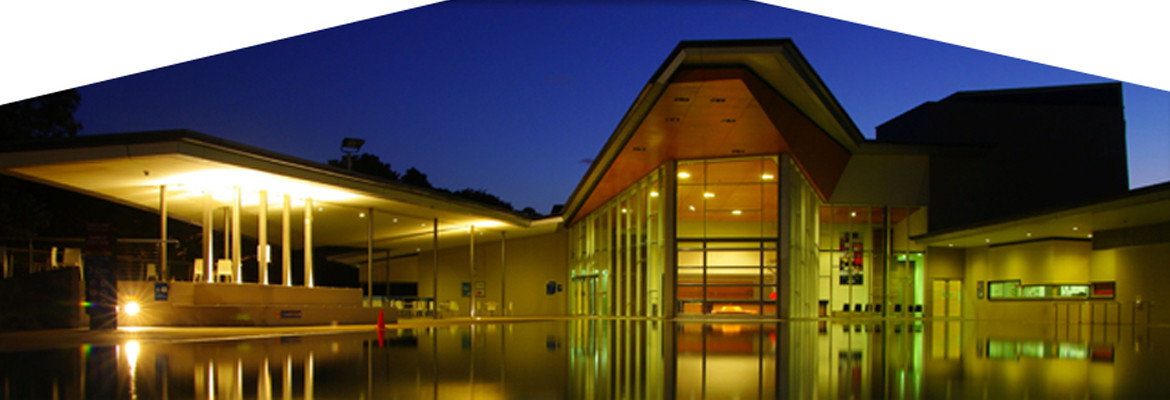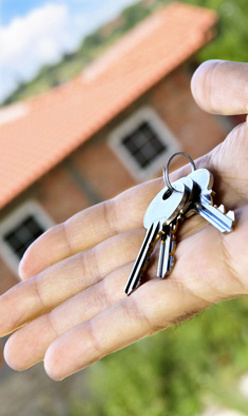Can I do it myself?
You can do a conveyance yourself however it is a very technical and confusing process. Before deciding to do the process yourself you should know exactly what to do and the lists of task associated with conveyancing. The other party’s conveyancer/ solicitor will not assist you in the process and if you make an error this can lead to delay or even allow the other party to terminate the sale.
Can the purchaser and the seller use the same conveyancer?
It is not recommended that the seller and purchaser both use the same conveyancer. The conveyancer is there to advise you on your options and the process and this advice is often different between sellers and purchasers. There can also be a conflict of interest when a conveyancer is acting for both parties. The risk of having the same conveyancer for both parties far outweighs the savings.
What is the difference between a solicitor and a conveyancer?
You do not need to hire a solicitor to do your conveyancing. Many law firms will hire conveyancers to run their conveyancing matters as they are specialists in the area. Solicitors often work in multiple areas of the law and only become involved in highly technical or difficult conveyances. Conveyancers on the other hand are specialists in their field and run their own files on a day to day basis.
What does the process involve?
- Preparing and lodging legal documents
- Research of the property and conducting searches (checking for easements, caveats, mortgages, etc)
- Holding deposit money into trust
- Calculating the adjustment of rates and taxes
- Settlement of the property (including liaising with the banks involved)
- Representing your interests
What is a cooling off period and how does it affect me?
A cooling off period is a period of five (5) business days after the signing of the contract. During this time, either the purchaser or the seller can choose to terminate the contract without any consequences.
Can I buy and sell a house on the same day?
Yes, this can be a condition of the contract, purchase is subject to sale and you can request for both settlement to be on the same date. Your conveyancer will ensure that the sale of your property goes through first then they will attend to finalising the purchase of your new property.
What happens at settlement?
The conveyancers, or agents for the conveyancers will attend settlement and ensure all transfer forms have been signed and stamped and they will exchange cheques and other relevant information (releases of mortgages, transfer forms, keys). Your conveyancer will let you know when the transaction has been approved.
Who notifies the authorities that I have purchased or sold a property?
The purchaser through their solicitor/ conveyancer will notify all relevant bodies about the transaction
Who do I refer to about a complaint in my conveyance?
You should first speak to your conveyancer about any complaints you may have and try to sort it out with them amicably. Alternatively, you can ask to speak to their supervisor or the head of the conveyancing practice, or if a law firm, a principal of the firm. If you are still not satisfied you can lodge a written complaint with the relevant law society (e.g. Queensland Law Society).




